No products in the cart.
Sale
Fulipiftide – High Purity Research Peptide for Inflammation and Tendon Injury Models
Original price was: $18.00.$16.00Current price is: $16.00.
Fulipiftide (CAS 2868985-56-0) is a peptide derived from pigment epithelium-derived factor (PEDF). It activates ERK2 and STAT3 pathways, promotes tendon stem/progenitor cell expansion, and demonstrates anti-inflammatory properties. Produced under GMP standards, Fulipiftide is available in both wholesale and retail quantities for laboratory research use only.?If you need to place an order or inquire about wholesale product prices, specifications and uses, please contact our staff?
Description
Fulipiftide is a synthetic peptide derived from pigment epithelium-derived factor (PEDF), a protein known for its diverse biological functions, particularly in angiogenesis regulation, stem cell biology, and inflammation control. As a short peptide, Fulipiftide has been developed to preserve the bioactivity of its parent molecule while offering higher stability and consistency for laboratory applications.
One of the most significant features of Fulipiftide is its ability to expand tendon stem/progenitor cells (TSPCs) that express nuclear stem cell factor. This expansion is achieved by activating two critical intracellular signaling pathways: ERK2 (extracellular signal-regulated kinase 2) and STAT3 (signal transducer and activator of transcription 3). These pathways are well-documented regulators of cell proliferation, differentiation, and tissue repair, making Fulipiftide a valuable model compound for tendon biology and regenerative medicine research.
In addition to its regenerative potential, Fulipiftide exhibits anti-inflammatory activity. Acute tendon injuries are often characterized by excessive inflammatory responses, which impede proper healing and increase the risk of chronic tendon pathologies. By modulating inflammatory signaling, provides researchers with a versatile tool to study the balance between inflammation and tissue regeneration in musculoskeletal systems.
The compound is manufactured in compliance with Good Manufacturing Practice (GMP) standards, ensuring consistent purity, stability, and reproducibility. Researchers can use to design experiments addressing tendon injury repair, stem cell biology, anti-inflammatory mechanisms, and biomaterial development. With its defined mechanism of action and reliable GMP production, Fulipiftide is becoming increasingly relevant in laboratories focused on musculoskeletal research, inflammation models, and regenerative peptide pharmacology.
For laboratory research use only. Not intended for human or veterinary applications.
Product Specifications
| Parameter | Details |
|---|---|
| Product Name | Fulipiftide |
| Synonyms | PEDF-derived peptide, PEDF fragment |
| CAS Number | 2868985-56-0 |
| Molecular Type | Short peptide derived from PEDF |
| Purity | ? 98% (HPLC verified, GMP grade) |
| Appearance | Lyophilized white to off-white peptide powder |
| Stability | Stable for long-term storage at -20°C; avoid repeated freeze-thaw cycles |
| Storage | Store at -20°C under inert atmosphere |
| Mechanism | Activates ERK2 and STAT3 signaling; expands nuclear SCF? TSPCs |
| Biological Role | Anti-inflammatory activity; tendon repair and regeneration models |
| GMP Compliance | Manufactured in GMP-certified facility for research use |
| Application | Laboratory research in tendon injury, regenerative medicine, inflammation |
| Availability | Wholesale & retail supply |
Mechanism of Action & Research Applications
Fulipiftide exerts its primary effects through dual activation of ERK2 and STAT3 signaling pathways. These pathways are central to multiple aspects of cell biology:
ERK2 Pathway: Regulates cell proliferation, differentiation, and tissue growth. Its activation in TSPCs (tendon stem/progenitor cells) promotes cellular expansion, ensuring a sufficient pool of regenerative cells during tendon repair.
STAT3 Pathway: Plays a critical role in immune response regulation, inflammation control, and tissue regeneration. Its activation supports both anti-inflammatory effects and long-term regenerative capacity.
Through these mechanisms, Fulipiftide provides a synergistic model system for studying tendon healing processes. The peptide is particularly useful in acute tendon injury research, where the dual need for stem/progenitor cell expansion and inflammation control is most relevant.
Research Applications include:
Tendon Injury Models – Studying the role of PEDF-derived peptides in tendon cell expansion and healing.
Stem Cell Biology – Exploring the regulation of nuclear SCF? tendon stem/progenitor cells.
Anti-Inflammatory Research – Evaluating how Fulipiftide modulates immune signaling in acute musculoskeletal injuries.
Regenerative Medicine Models – Using Fulipiftide as a peptide model for developing new therapeutic strategies in tissue repair.
Biomaterial & Scaffold Research – Incorporating Fulipiftide into biomaterials to test its effects on tendon tissue engineering.
Its dual action makes Fulipiftide a highly versatile compound, positioning it as a valuable peptide for musculoskeletal, inflammatory, and regenerative laboratory investigations.

Side Effects (For Reference in Models)
As a laboratory research peptide, Fulipiftide is not approved for clinical or therapeutic use. However, based on mechanistic insights and comparable PEDF-derived peptides, potential model-observed effects may include:
Excessive Cell Proliferation: Over-activation of ERK2/STAT3 could lead to abnormal cell growth under certain experimental conditions.
Immune Modulation Variability: Since Fulipiftide interacts with inflammatory pathways, responses may differ significantly between models.
Peptide Stability Concerns: As with other peptides, degradation or aggregation may occur if not stored and handled under recommended conditions.
These observations are strictly for research reference only and highlight the importance of controlled laboratory conditions when working with Fulipiftide.
Disclaimer
is supplied exclusively for laboratory research use. It is not intended for human consumption, clinical treatment, or veterinary applications. Any handling should follow appropriate laboratory safety protocols.
Keywords
PEDF-derived peptide
Anti-inflammatory peptide research
Tendon injury peptide model
ERK2 STAT3 peptide activation
Fulipiftide wholesale and retail supply
Regenerative medicine peptide
Peptide for musculoskeletal research
Additional information
| Weight | 0.8 kg |
|---|---|
| Dimensions | 62 × 56 × 62 cm |

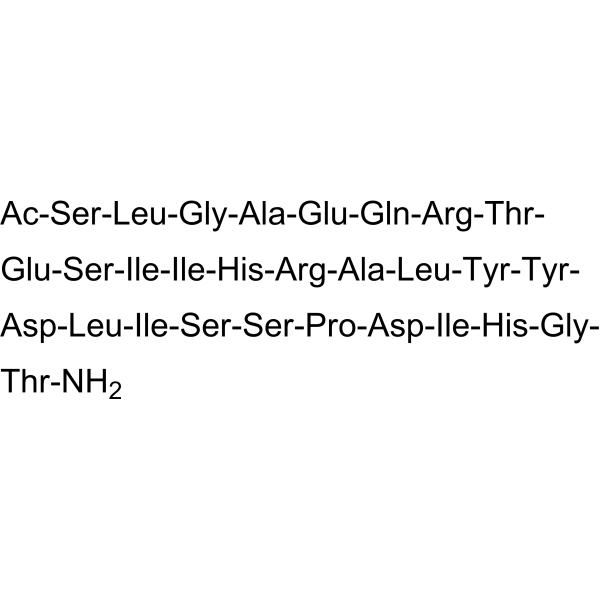
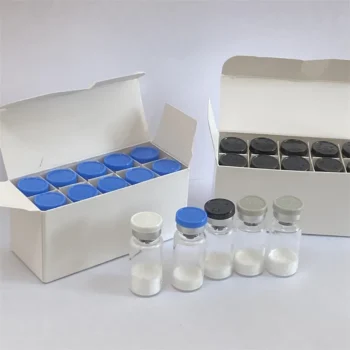
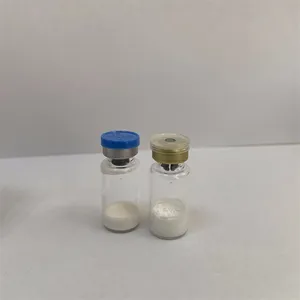
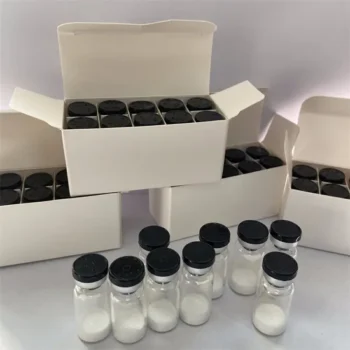
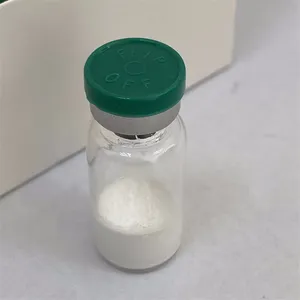

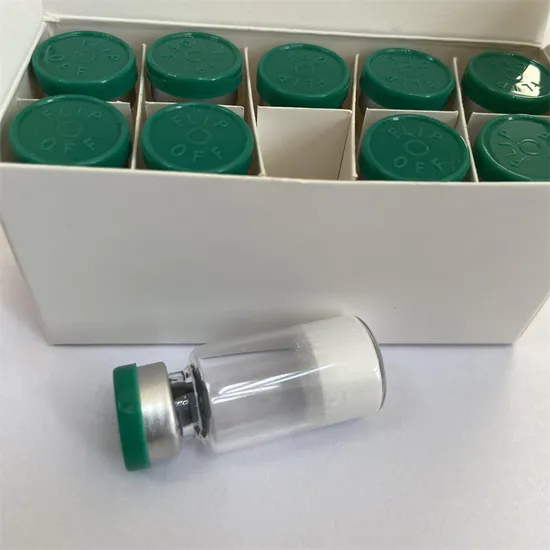
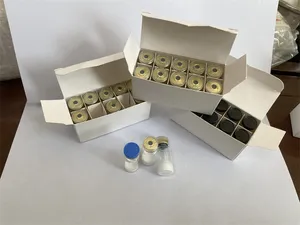
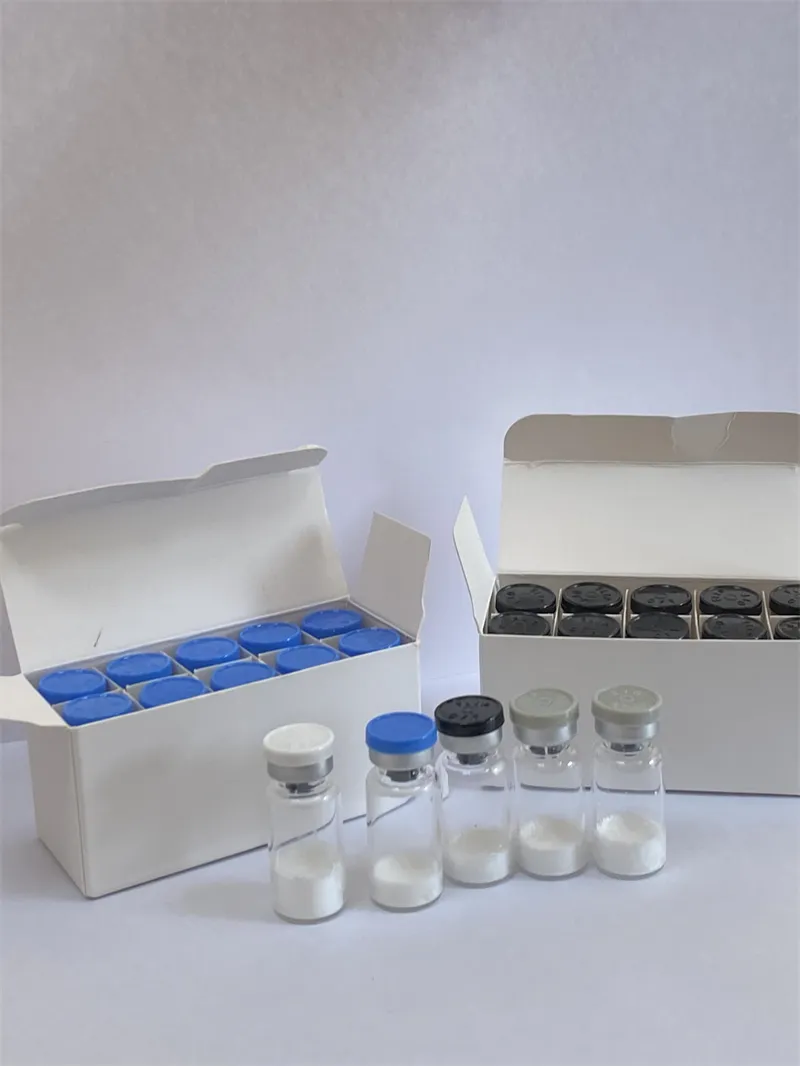
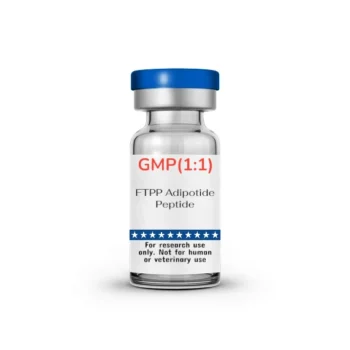
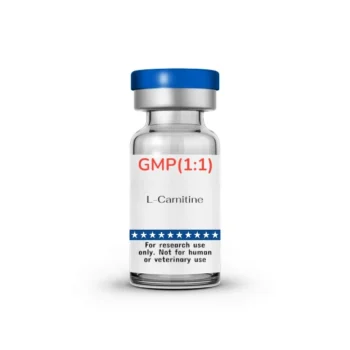
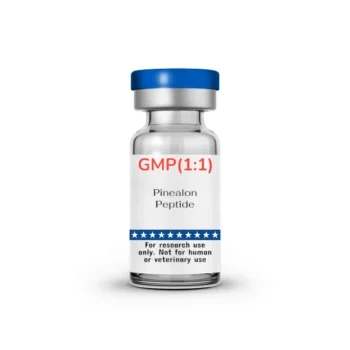


Reviews
There are no reviews yet.